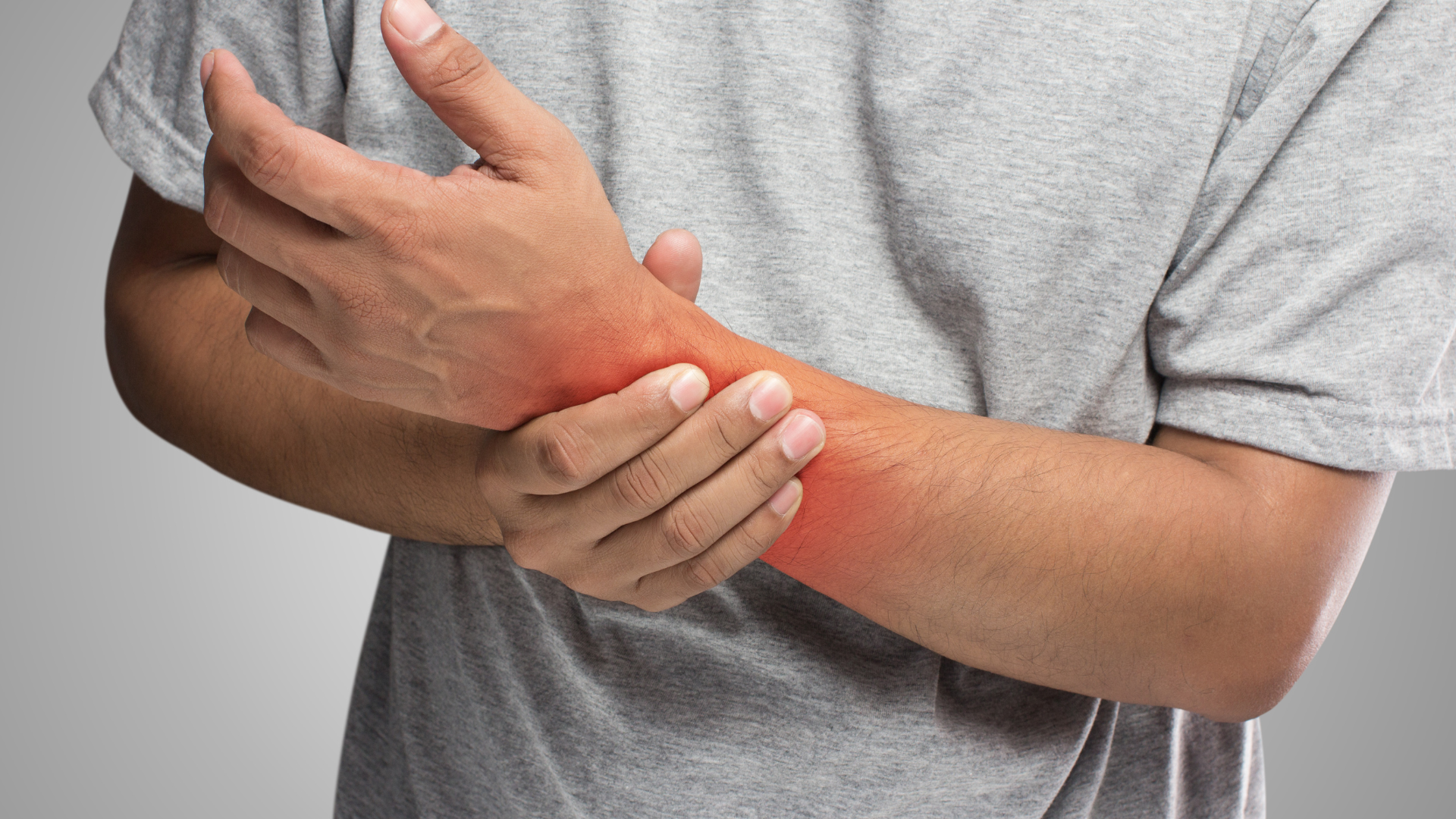If you have sustained a soft tissue injury, for example, in your muscles, tendons, or ligaments, then you are probably wondering how long your body’s tissue healing process is going to take so that you can get back out there and potentially hurt yourself again!
Well, whilst your injured body may be feeling it right now, you’ll be happy to know that you will be able to heal the injured body part and get the pain relief you want, it will just take some time.
Today, we will dive into how long it takes for the injured area to heal, and what kind of medical routine, physiotherapy, and more you can do to help your body recover.
Without delay, let’s get into how you can heal your affected body and stop yourself from further injury.
How Long Will Swelling Last?
No point wasting time, we may as well get right into it so you can stop holding your breath. If you do have an injury to your body then you can expect to be swollen from a few days to a few months, it all depends on where the injury site is and how you hurt yourself.
Certain injuries, such as ones to your oral muscles or gums, tend to cause immediate swelling followed by intense pain. The reason for this is likely that there is damage to your teeth and the surrounding area, which can only be treated by a qualified dentist, who may also advise you to install dental crowns flowood ms, or at a local clinic near you. This is so that the swelling goes down faster and your mouth can be restored to its natural state quicker.
However, certain other injuries, such as ligament or tendon breaks may cause mild swelling that lasts for a long time. It all depends on the severity of the accident, and how fast you seek treatment for it from emergency healthcare professionals and then a sunshine coast physio, or one similar. You will probably know that a smashed knee or arm will take longer to heal than shoulder pain, but only your doctor will be able to give you exact healing times, or at least give you a guess as to how long it may take you.
What Other Factors Can Impact Swelling Time?
Before you are able to be pain-free, there are some things that can extend the swelling time on the affected area that you will need to take into account when going through the healing process.
If there is an obstruction in your lymph system then you may find that your body might not be able to drain away the waste that the inflammation process produces when you are injured.
If you think that it is taking longer than the projected time your doctor gave you, then you will need to go back to them and ask if there is an issue so they can look you over and see if there is anything else that may be causing your swelling to carry on for longer.
Why Do We Get Swelling When We Are Injured?
The reason why our bodies swell after we have sustained an injury is that our bodies are trying to fight off infection.
Our bodies send a lot of blood to the infected area to ensure that there are enough white blood cells to fight off the infection and provide the body with nutrients to rebuild the affected tissue.
You will notice that the injured body part will feel hot, painful, or tender whenever you touch it or put any pressure on it.
This is because the process your body is going through will also produce waste byproducts that will need to be filtered out, hence, inflammation and swelling.

What Can You Do To Help Reduce Swelling in The Body?
You may want to let nature take its course to help your body recover, but there are some extra things that you can do to get the blood flow going and help your muscles.
Remember, in some cases, like a sprained ankle, your body is producing scar tissue inside, so you will need to factor that in if you are trying to recover faster, you need to let your body do its job, however, as long as you don’t go too extreme you can help yourself.
Rest
One of the most important things you should be doing when you have been injured is to rest your body.
If you try and move it too fast or push yourself back into your normal routine, then all you are doing is creating further damage that could make things even worse for yourself.
The early stages are the most delicate, so always think about that before diving into anything.
You may be frustrated at the fact that you can’t just go back to ‘normal’, but how more annoyed would you be when you have to rest even longer because you didn’t give yourself that time period to rest properly?
If you have injured one of your muscles, then you know that they have a good blood supply, meaning that they will bleed more which can take longer, so you will have to factor that into your rest time as well.
Ice
Putting an ice pack on the affected area can be incredibly helpful when you are recovering.
When you apply ice, you are calming down the area that has swelled up, allowing less blood to flow to the injured site.
It may prevent the necessary nutrients needed to heal, but, it will help reduce swelling, so as long as you don’t do it 24/7 then your body should be able to heal effectively.

Gentle Compression
If you need to move around during the day, then you may want to wear a compression sleeve.
This will aid in blood flow so that you can keep moving around and not feel so restricted due to the injury.
Remember to apply gentle compression to the area, do not do it too tightly as it could cause more injury to your body which wouldn’t be an ideal outcome.
Elevation
Whilst you are resting, you should also be elevating the injured body part. This means raising it above heart level when sitting or lying down.
This will help with draining away any waste built up near the area during inflammation, which will aid in reducing swelling and helping you to recover faster.
Massage
A professional massage can be an effective way to reduce swelling and ease discomfort in the body.
By working with a skilled massage therapist in Davie, FL, or another location, you can explore specific massage options like sports or Swedish massage to address areas of tension and inflammation.
A knowledgeable therapist can identify your painful or sensitive areas by applying the right pressure. This can help to elevate pain relief and promote overall relaxation, leaving you feeling rejuvenated and more comfortable.
Take Anti-Inflammatory Medication
A tried and tested method to get that swelling down is to take anti-inflammatory medicine like Ibuprofen and other non-steroidal anti-inflammatory drugs (NSAIDs).
This can either be used as a cream directly on the area, or you can take it in tablet form, it depends on what type of injury you have and what works best for you.
Do not take them at the same time as this will give you an overdose, you will need to make sure that if you do use a combination of both that you space them out and take them only as directed.
If it is more serious, then your doctor may provide you with prescription drugs to help with the recovery time, and that will be told to you after they have done their assessment.
Exercise
You should not be exercising seriously when the swelling process starts, you should gradually exercise instead and only focus on doing light exercises to help you with your recovery.
Go for a walk and do some light stretching to keep your body limber so you don’t feel all stiff and hunched up. This will help you with building strength and flexibility.
Physiotherapy
If you have an injury that has been around for a while and it has been quite the journey to recovery, then you may need to visit a surrey hills physio or a similar expert to help you recover.
Massage and exercises are used to strengthen the muscles and help with your range of motion so you can return to your normal function once completed.
Conclusion
Hopefully, you are now more aware of what happens to your body after being injured as well as know the answer to your question – “how long should swelling last after injury?”
Just remember to take it slowly and be kind to yourself. Getting injured is horrible, but what will make it worse is prolonging it because you could take the time to rest yourself and heal.

